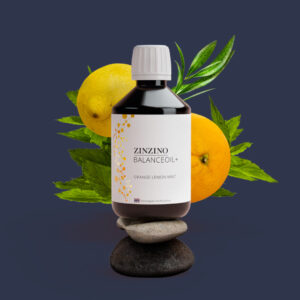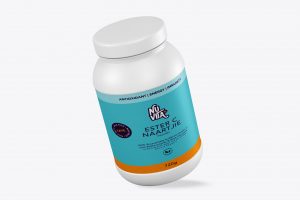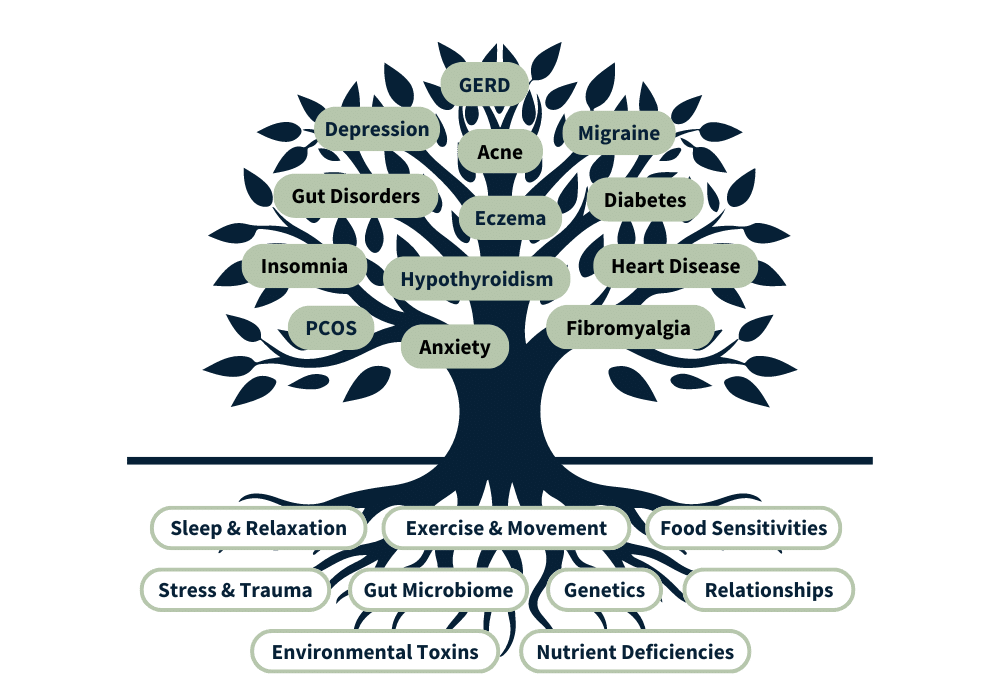Vitamin C’s Role in Supporting Immune Health
Vitamin C affects several components of the human immune system in vitro; for example, vitamin C has been shown to stimulate both the productionand function of leukocytes (white blood cells), especially neutrophils, lymphocytes, and phagocytes.
A highly absorbable, non-acidic form of vitamin C which is scientifically proven to have unprecedented uptake and retention in immune cells. It is the vitamin C of choice for anyone serious about achieving high, sustained cellular vitamin C levels cost-effectively and without gastrointestinal side effects. Research demonstrates that taking Ester-C provides immune support for up to 24 hours.
Ester-C is made by reacting vitamin C with calcium in a chemical-free, water-based process. This creates calcium ascorbate and vitamin C metabolites (other products formed during the reaction). The calcium ascorbate delivers all the benefits of standard vitamin C; however, the vitamin C metabolites are what make Ester-C truly special.
The vitamin C metabolites encourage vitamin C uptake into cells, especially white blood cells, the ‘soldiers’ of the immune system. In fact, Ester-C has 10 times greater white blood cell bioavailability. This means that you’d have to take 10 times more standard vitamin C than Ester-C to achieve the same vitamin C level in your cells. (2-3)
Once absorbed, unless we are able to retain vitamin C in our cells, it won’t be able to deliver benefits. Ester-C has been scientifically proven to remain at high levels in cells for 24 hours! While other vitamin C products are quickly flushed from the body, needing continuous ‘topping up’, 1 serving per day is all you’ll need with Ester-C. Taking Ester-C on a daily basis has been shown to offer significant protection against the common cold.
Another clinical study conducted by NBTY, a leading global wellness company, demonstrated that Ester-C, a patented form of vitamin C, stays in immune cells longer than regular vitamin C (ascorbic acid) currently on the market.
The study, published in SpringerPlus, also reported that Ester-C significantly increases vitamin C concentrations in white blood cells (leukocytes; cell of the immune system) up to 24 hours following a single oral administration of 1000mg of vitamin C.
This was the first clinical trial comparing vitamin C retention in leukocytes between Ester-C and ascorbic acid in both male and female non-smokers.
In this double-blind, placebo-controlled, crossover trial, 30 healthy subjects aged 18-60 years were randomised to receive placebo (0mg of vitamin C), ascorbic acid (1000mg of vitamin C) and Ester-C (1000mg of vitamin C), each preceded by a 7-day washout period.
The Ester-C group had a significantly higher mean concentration change in leukocyte vitamin C, while there was no change in the ascorbic acid or placebo groups. The Ester-C group also had a significantly higher per cent change in leukocyte vitamin C compared with ascorbic acid at 8 and 24 h after the oral consumption.
Dr Susan Hazels Mitmesser, author of the study and Sr Director of Nutrition & Scientific Affairs at NBTY, said: ‘This study is a great example of the commitment NBTY has to scientific diligence around our product innovations. As new ingredients and areas of research emerge, our scientific leadership will continue to be a priority and a differentiator in the scientific community and the supplement market with NBTY products leading the way.’
‘Ester-C has been clinically studied to stay in the white blood cells longer than regular vitamin C — a distinct advantage to anyone looking to nutritionally support their immune system all day long.’
Most products on the market are standard vitamin C, also known as ascorbic acid. They’re cheaper, but they could be money down the drain and hard to stomach.
Standard vitamin C is absorbed fairly well in small doses, 200mg or less. But megadosing leads to a smaller fraction being absorbed, which is quickly flushed from the body. Large doses can also irritate the stomach due to vitamin C’s acidity, causing abdominal cramps, nausea and diarrhoea. Ester-C, however, is pH-neutral and gentle on the stomach and thus the body tolerates mega-dosing, our suggested route.
Slow-release vitamin C does not lead to better vitamin C absorption according to clinical trials. It’s really not much better than standard vitamin C.

Ester -C Benefits
- Gets into cells, where you need it most: Whereas standard vitamin C struggles to enter cells, Ester-C’s vitamin C metabolites ensure 10X greater absorption
- High strength dose: 2023mg vitamin C in 1 teaspoon
- Gentle on the stomach: Buffered, non-acidic formula
- Multiple health benefits: Vitamin C is an antioxidant, reduces tiredness, increases iron absorption, supports the immune system, supports collagen formation for healthy bones, cartilage and blood vessels, and supports normal skin, gums & teeth and the nervous system
- Scientifically proven
If you’d like a deeper dive into Ester-C research studies, read more here Ester-C article, or 2x Nobel Prize Winner Linus Pauling.
References:
- Frei B, England L, Ames BN. Ascorbate is an outstanding antioxidant in human blood plasma. Proc Natl Acad Sci U S A. 1989 Aug; 86(16):6377-81.
- Fay MJ, Verlangieri AJ. Stimulatory action of calcium L-threonate on ascorbic acid uptake by a human T-lymphoma cell line. Life Sci. 1991; 49(19):1377-81.
- Moyad MA, Combs MA, Vrablic AS, Velasquez J, Turner B, Bernard S. Vitamin C metabolites, independent of smoking status, significantly enhance leukocyte, but not plasma ascorbate concentrations. Adv Ther. 2008 Oct; 25(10):995-1009.
- Mitmesser SH, Ye Q, Evans M, Combs M. Determination of plasma and leukocyte vitamin C concentrations in a randomized, double-blind, placebo-controlled trial with Ester-C®. SpringerPlus (2016) 5:1161
- Van Straten M, Josling P. Preventing the common cold with a vitamin C supplement: a double-blind, placebo-controlled survey. Adv Ther. 2002 May-Jun;19(3):151-9.
- Gruenwald J, Graubaum HJ, Busch R, Bentley C. Safety and tolerance of ester-C compared with regular ascorbic acid. Adv Ther. 2006 Jan-Feb; 23(1):171-8.
- Lee JK, Jung SH, Lee SE, Han JH, Jo E, Park HS, Heo KS, Kim D, Park JS, Myung CS. Alleviation of ascorbic acid-induced gastric high acidity by calcium ascorbate in vitro and in vivo. Korean J Physiol Pharmacol. 2018 Jan; 22(1):35-42.
- Viscovich M, Lykkesfeldt J, Poulsen HE. Vitamin C pharmacokinetics of plain and slow release formulations in smokers. Clin Nutr. 2004 Oct; 23(5):1043-50.
- Davis JL, Paris HL, Beals JW, Binns SE, Giordano GR, Scalzo RL, Schweder MM, Blair E, Bell C. Liposomal-encapsulated Ascorbic Acid: Influence on Vitamin C Bioavailability and Capacity to Protect Against Ischemia-Reperfusion Injury. Nutr Metab Insights. 2016 Jun 20;9:25-30.
- Nutraceutical Review








